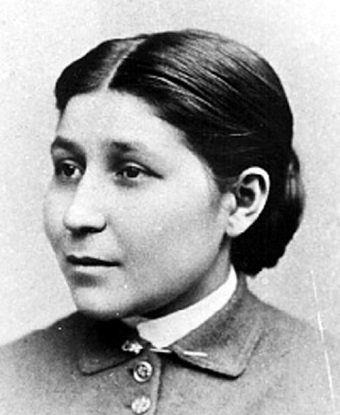Native American Heritage Month, observed every November in the United States, is a time to honor and celebrate the rich and diverse cultures, traditions, and contributions of Native American and Indigenous peoples. It provides an opportunity to recognize the enduring legacies and resilience of the first inhabitants of the Americas.

Born in 1865, Susan La Flesche Picotte was the youngest daughter of Mary Gail and Joseph La Flesche, a man of French and Indian descent who held the distinction of being the last recognized chief of the Omaha tribe. Her family’s history was intertwined with the turbulent changes brought about by the westward expansion of the United States. In the mid-19th century, her father signed a treaty with the U.S. government that led to the relinquishment of a significant portion of the Omaha tribe’s ancestral land. As a result, they were forcibly moved to a reservation in northeastern Nebraska.
In school, Susan achieved academic success and graduated as the second in her class in 1886 from Hampton University, a historically black school in Virginia. During a time when women were often dismissed as ill-suited for medical professions, she furthered her education by enrolling in the Woman’s Medical College of Pennsylvania, which was the nation’s first medical school for women.
Dr. Picotte completed the three-year medical program in just two years, emerging at the top of her class. After graduating, she returned to the Omaha reservation, becoming the sole doctor for 1,200 people across more than 400 square miles.
At 24, Dr. Picotte tackled the health disparities facing Native Americans, including widespread disease, suicide, mental illness and alcohol abuse. She became a prominent advocate for temperance and campaigned to persuade the government to ban liquor sales on reservations, recognizing the detrimental effects of alcohol on her community’s well-being.
In 1913, Dr. Picotte opened the first privately funded hospital on a Native American reservation in Walt Hill, Nebraska. The hospital may have closed its doors in 1940, but it stands as a national historic landmark, preserving the memory of a woman who dedicated her life to the betterment of her people.









